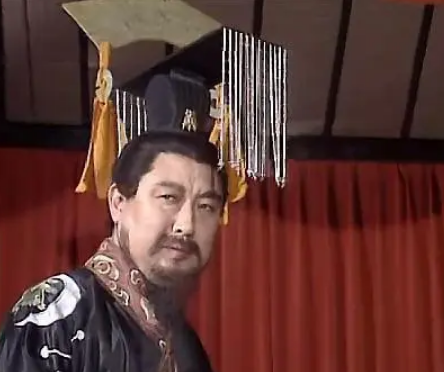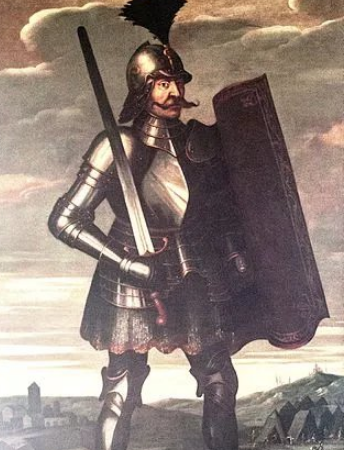In the long history of the Three Kingdoms period, the surrender of Liu Shan, the last emperor of the Shu Han dynasty, has always been a controversial topic. Some believe that in the face of a powerful enemy, Liu Shan's surrender was a wise choice that avoided more war and suffering for the people. Others argue that his surrender was a betrayal of his country and people, a display of cowardice and incompetence. So, was Liu Shan's surrender the right choice?

First, let's look at the background of Liu Shan's surrender. At that time, the power of the Shu Han dynasty was declining, while the Wei dynasty was incredibly strong. Under such circumstances, continuing to resist seemed likely to result in more casualties and might not change the ultimate outcome. From this perspective, Liu Shan's choice to surrender seemed like a way to reduce unnecessary sacrifices, demonstrating his compassion.
However, another viewpoint is that Liu Shan surrendered out of fear of personal sacrifice. This argument suggests that Liu Shan lacked the determination and courage to sacrifice for his country and people, preferring to preserve his own life. Evidence for this view is his behavior after surrendering. According to historical records, Liu Shan did not exhibit any sorrow or regret after being moved to Luoyang, instead leading a comfortable life, which seems to indicate that he was not deeply grieved by the loss of his country.
Still, we cannot definitively judge Liu Shan's motives based solely on this. After all, his calm life after surrendering may have been a survival strategy to protect himself and his family. In that era, the life of an emperor often depended on the victor's wishes, and Liu Shan may have understood this when he chose to surrender.
Overall, we cannot give a definitive answer to why Liu Shan chose to surrender. But it is certain that his decision was made after weighing various factors. Whether it was to avoid unnecessary sacrifices or out of fear of personal sacrifice, Liu Shan's choice reflects the responsibilities and helplessness of a ruler.
Disclaimer: The above content is sourced from the internet and the copyright belongs to the original author. If there is any infringement of your original copyright, please inform us and we will delete the relevant content as soon as possible.
































